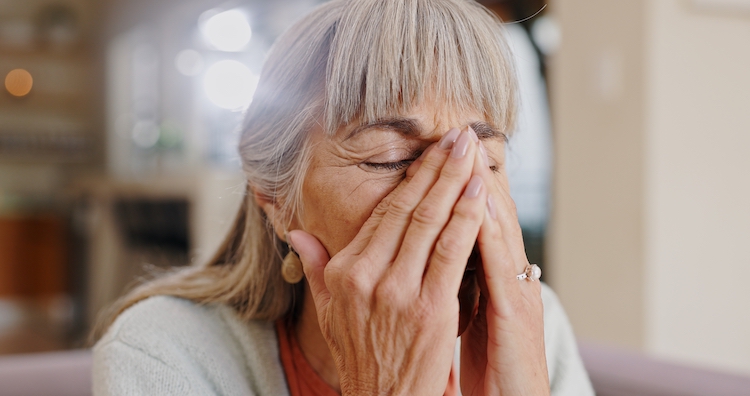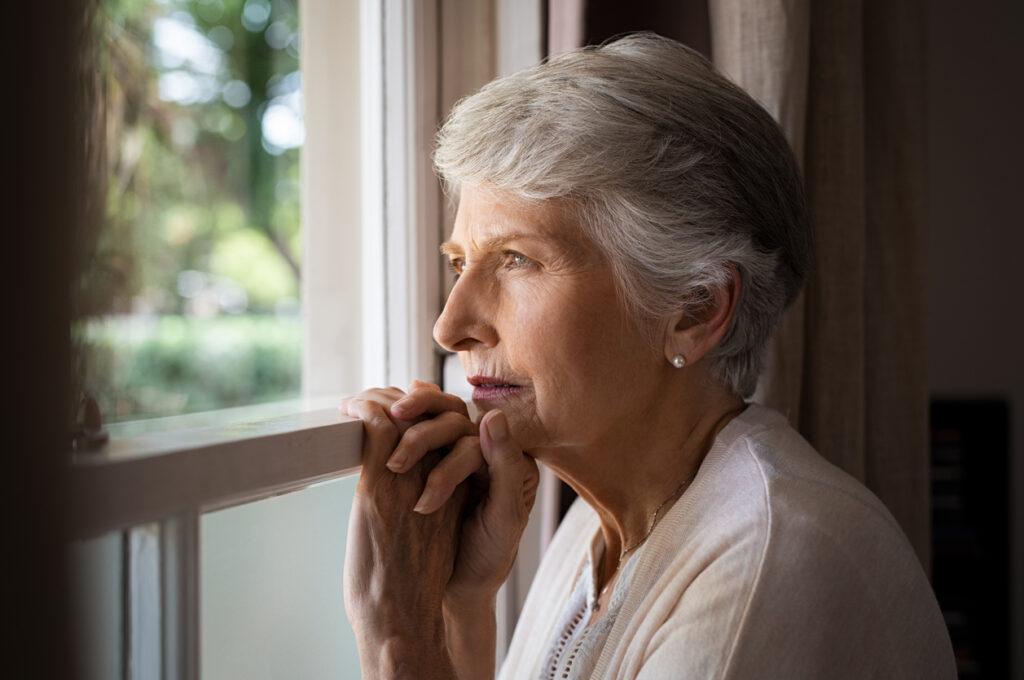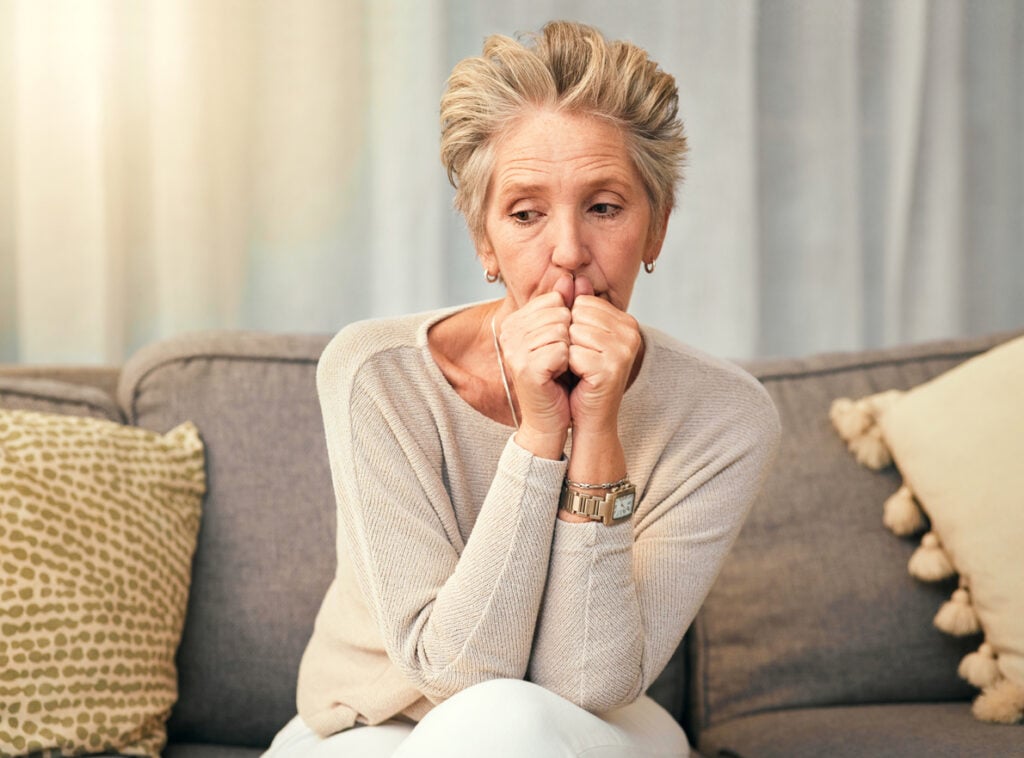Many common fears about aging are often overstated or unfounded according to evidence-based research.

Aging is a natural process accompanied by various physical, mental, and social changes. However, many widespread fears about aging—such as inevitable cognitive decline, loss of independence, or overwhelming loneliness—are often based on misconceptions rather than facts. Understanding these myths and realities can help frame a more accurate perspective on growing older.
Recognizing which fears are exaggerated or unfounded empowers individuals to approach aging with confidence and clarity. Embracing a realistic, positive outlook supported by research encourages proactive habits that enhance mental and physical health, promote social engagement, and ultimately support a fulfilling, successful aging experience.
1. Fear Of Losing Memory Is Often Overstated In Aging Adults.

Worries about losing memory often come from confusing normal lapses with disease. Many older adults experience slower recall and occasional forgetfulness, but research shows that most never develop serious cognitive decline, as mentioned at NIA. Memory can be supported through routine, mental exercise, healthy sleep, and managing health conditions that affect thinking.
Fear of memory loss can cause unnecessary anxiety and limit activities people enjoy. A simple rule of thumb is to track changes, note frequency and impact, and discuss worries with a healthcare professional. For everyday support try regular puzzles, social interaction, and consistent sleep. Consult a qualified professional for personal advice.
2. Concerns About Massive Physical Decline Are Frequently Exaggerated.

People picture aging as a steep fall into frailty, but physical decline is usually gradual and often preventable. While some loss of muscle and bone density happens with age, research shows regular activity, balanced nutrition, and targeted strength training reduce that decline and preserve mobility and endurance over many years.
Knowing this changes choices and eases worry about losing independence, according to Global English Editing. A practical step is to add at least two sessions of resistance work each week and stay active daily through walking or chores. Start slowly if you are new to exercise and check with a healthcare provider before making big changes to your routine for guidance and safety.
3. Anxiety Over Becoming Socially Isolated In Later Years Can Be Unfounded.

People often fear that aging automatically leads to loneliness, but research indicates many older adults stay socially engaged. Retirement can free time for clubs, volunteering, and family. Technology also helps people keep in touch across distances. Social networks change, but isolation is not an inevitable part of the aging process for most.
That distinction is important because social contact affects both mental health and quality of life. A useful tip is to schedule at least one social activity each week, even a phone call or walk with a neighbor. If feelings of loneliness persist, reach out to community resources or a counselor to explore options and support, as reported by Forbes.
4. Worry About Chronic Pain Taking Over Life With Age Is Not Always True.

Many people assume pain will dominate life as they get older, but research finds chronic pain varies widely and is often manageable. Causes include injury, arthritis, and other conditions, but pain intensity does not automatically rise with age. Treatments, physical activity, and pacing can reduce pain and improve daily function for many individuals.
Understanding this helps prevent needless fear and encourages action to stay active and capable. Start with a pain checklist that tracks when pain happens, what eases it, and how it affects tasks. Consider gentle exercise, healthy sleep, and work with clinicians for tailored plans. Consult a qualified professional for personal medical advice.
5. Fear Of Financial Instability In Old Age Is Often Less Severe Than Imagined.

Worries about running out of money in old age are common, but studies show many older adults maintain stable finances. Income can come from multiple sources like retirement accounts, pensions, and Social Security. Planning, realistic expectations about longevity, and adjusting spending habits often make financial stress less severe than people imagine.
That perspective matters because fear can stop people from enjoying retirement or taking reasonable steps to prepare. A simple rule of thumb is to create a basic budget, check projected income and expenses, and look for ways to cut nonessential costs. For complex situations consider talking to a trusted financial counselor and avoid high risk promises.
6. Apprehension About Losing Independence Early Can Be Based On Myths.

Many imagine losing independence quickly as they age, but most people maintain self-care and decision-making for many years. Independence depends on health, environment, and support rather than age alone. Assistive devices, home changes, and community services often extend the ability to live independently at home.
That matters because fear of early dependence can prompt unnecessary rushes to move or give up activities. A good checklist includes reviewing mobility, hearing, vision, and daily skills, making simple home adjustments, and staying socially active. Discuss plans with loved ones and professionals to create realistic steps and avoid decisions based on myths.
7. Concern That Aging Means Complete Loss Of Creativity Is Usually Wrong.

People sometimes assume creative spark fades with age, but creativity often shifts rather than vanishes. Life experience, knowledge, and clearer priorities can deepen artistic expression or problem solving. Research on aging and brain plasticity shows that new skills and creative outlets remain possible well into later life when people keep practicing and exploring.
This idea is important because creativity supports mental health and a sense of purpose. Try a simple rule of thumb of doing fifteen minutes of a creative activity most days, whether that is writing, cooking with new recipes, drawing, or tinkering. Join a class or group for feedback and motivation and treat experimentation as progress.
8. Fear Of Becoming A Burden To Family Members Often Does Not Reflect Reality.

Many older adults worry they will become a burden on relatives, but research shows families often find ways to share care and many caregivers report meaningful rewards. Community programs and paid services also reduce strain. Expectations and open talks shape how care unfolds, so the fear does not always match everyday family experiences.
Recognizing this can ease anxiety and improve relationships during planning. It’s good to have an early conversation about preferences, finances, and roles, and to draw up a simple plan for support. Encourage reciprocity and accept offers of help. If tensions rise seek mediation or counseling to keep communication healthy.
9. Anxiety Over Mental Health Deteriorating Rapidly With Aging Is Overestimated.

People often fear a fast decline in mental health as they age, but many studies report stable or even improved emotional well being in later life. While depression and anxiety can affect older adults, they are not automatic consequences of aging. Coping skills, social support, and purposeful activity help maintain good mental health.
That knowledge matters because expecting decline can discourage help seeking and reduce quality of life. Keep a mental health checklist that notes mood changes, sleep patterns, and interest in activities, and check in with a clinician when symptoms grow or last for weeks. Lifestyle steps help, but consult a qualified professional for diagnosis and treatment.
10. Worry That Aging Means A Total Loss Of Sexual Desire Is Frequently Inaccurate.

Many assume aging ends sexual desire, but research shows libido often changes rather than disappears. Hormonal shifts, medications, and health conditions affect interest and response, yet emotional closeness and new forms of intimacy can remain important. People often find satisfying sexual lives by adapting to changes and focusing on communication and comfort.
Understanding this helps couples and individuals navigate shifts without shame or fear. A practical tip is to talk openly with partners about needs and to consult a clinician when medications or pain interfere. Explore non sexual forms of closeness and pacing. For personal medical advice seek a qualified healthcare professional experienced in sexual health.
